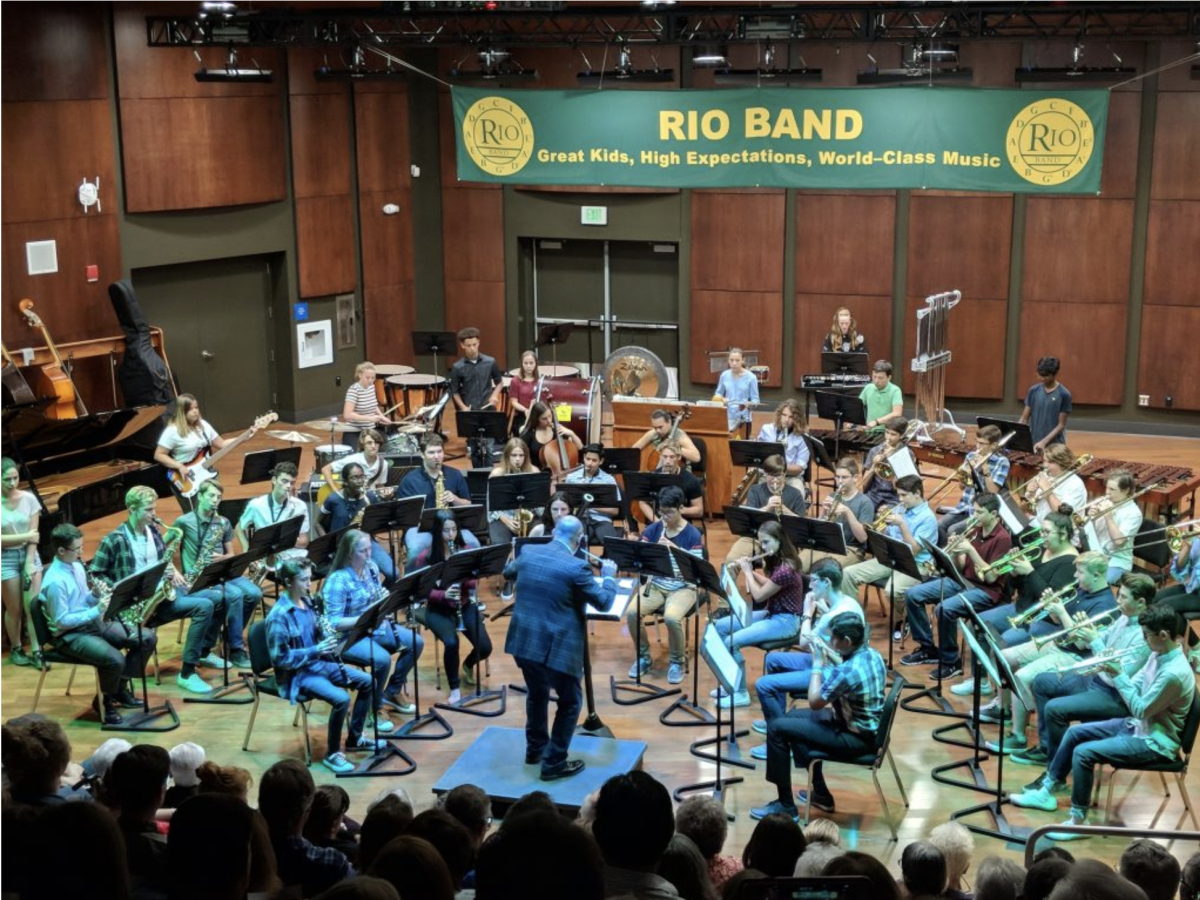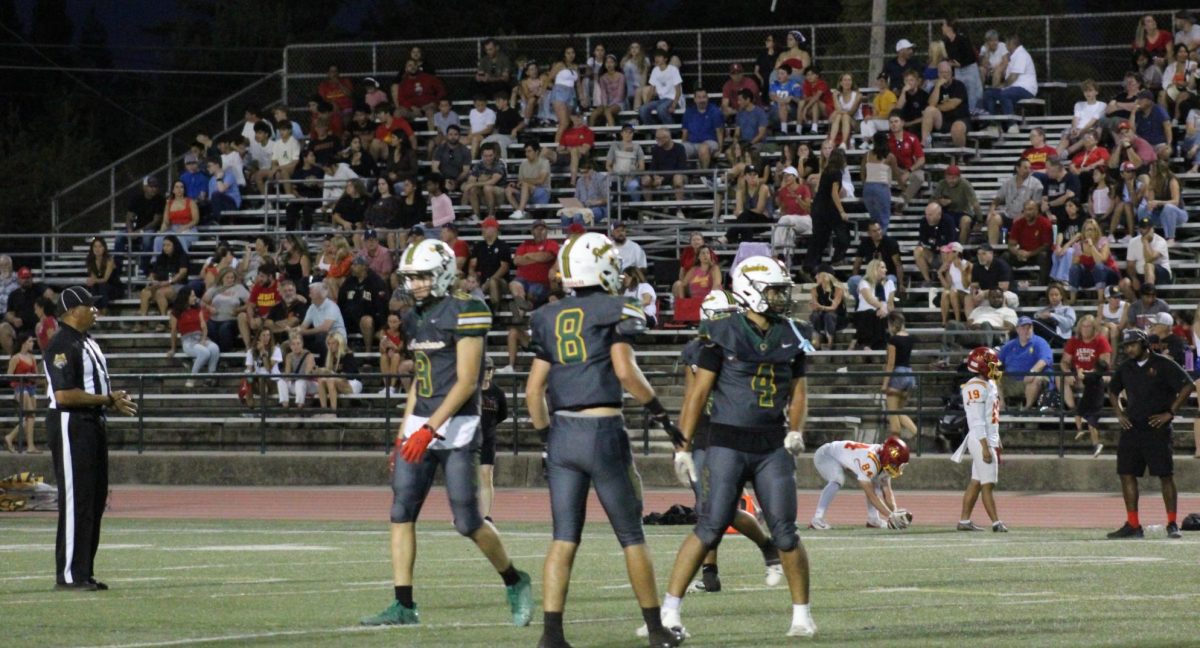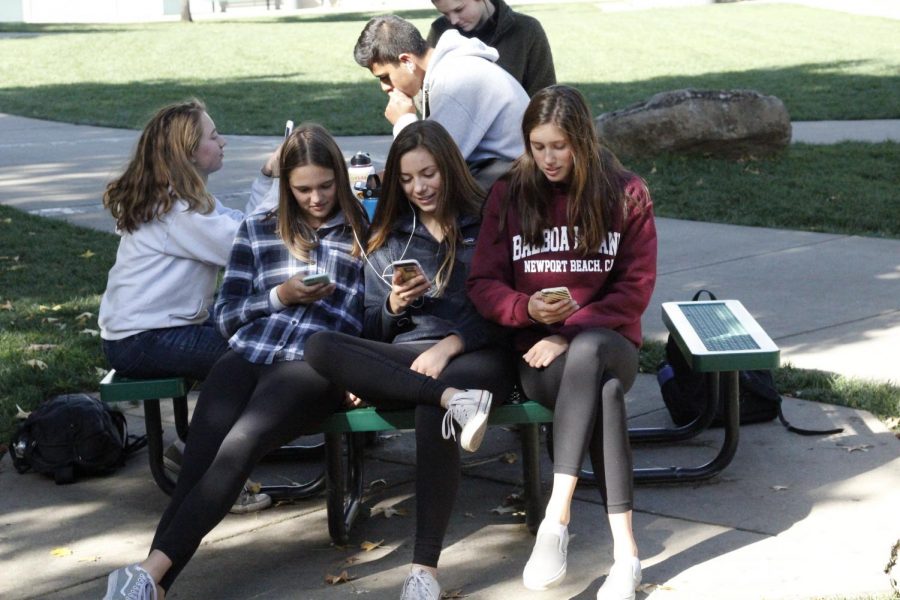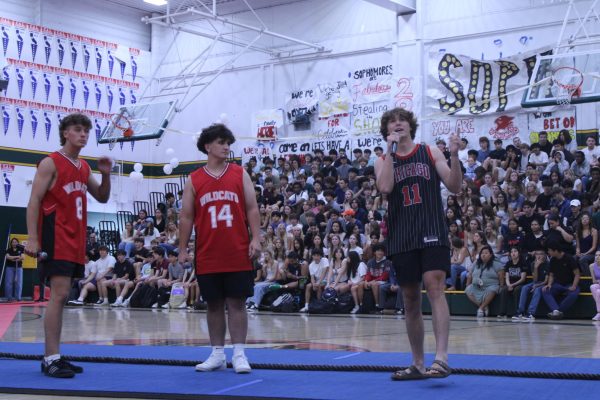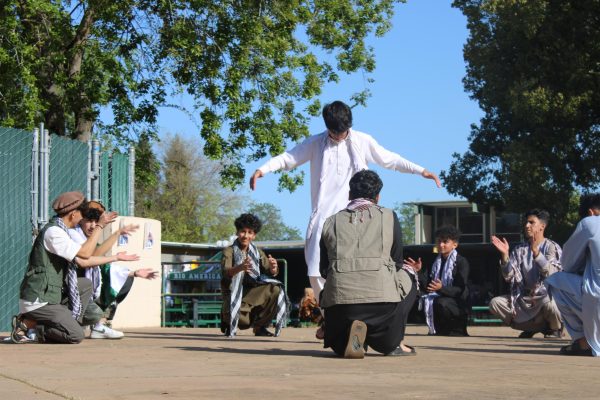Teens Close the Book for Technology
When school lets out junior Mckenna Schinderle goes to golf practice and arrives at home around 6 p.m., has dinner, does her homework, and then it’s off to bed with a little television.
What she doesn’t do, Schinderle admits, is read a book or magazine for pleasure.
“There’s more TV than there is reading,” Schinderle said.
She is, in fact, a part of a trend. A new study shows that only about 27 percent of teens in high school read for pleasure.
In an age of phones, television, and video games, it is rare in this generation to see teens reading. The study published by American Psychological Association, also known as APA, shows a dramatic decline in reading among teens, particularly reading long material such as books, magazine articles, and newspapers.
Jean Twenge, the lead researcher on the matter, and a couple other colleagues analyzed data from Monitoring the Future, an ongoing study that surveys a nationally representative sample of approximately 50,000 eighth, 10th and 12th-grade students annually. And from the results of 1976 to 2016, the rise of online media leisure time has nearly doubled.
“In the mid-2010s, the average American 12th-grader reported spending approximately two hours a day texting, just over two hours a day on the internet — which included gaming — and just under two hours a day on social media,” said Twenge in a statement. “That’s a total of about six hours per day on just three digital media activities during their leisure time.”
Tenth graders average about five hours on those three devices and eighth graders average about four hours.
The decline in reading print media, such as the newspaper right now, was incredibly steep. In the early 1990s, 33 percent of 10th-graders said they read a newspaper almost every day. By 2016, that number was only two percent.
Twenge was also surprised at the decline in reading. “It’s so convenient to read books and magazines on electronic devices like tablets. There’s no more going to the mailbox or the bookstore — you just download the magazine issue or book and start reading. Yet reading has still declined precipitously,” said Twenge.
In fact, the problem is clearly apparent at Rio too. Eleventh grader Sophia Lynch also states she does not read for pleasure.
“Mostly when I read it’s assigned,” Lynch said. “So I don’t really have time to read for pleasure. ”
According to Lynch, the rise in homework and stress in high school from middle school attributes to the decline in teen reading, especially because most kids either do not have the time or just plain out do not want to. She even admits that she is more attuned to looking at a screen than flipping pages of a book. “I think people want to think they are connected to their friends so they text and see what’s on social media,” Lynch said.
Though, there may not be that much to worry about. According to Junior Samik Saxena, he is not worried about the future of kids and reading since from his own experiences, the pause in reading really is a pause. Saxena said “People who liked reading, even just as kids, will come back around in the future.”

